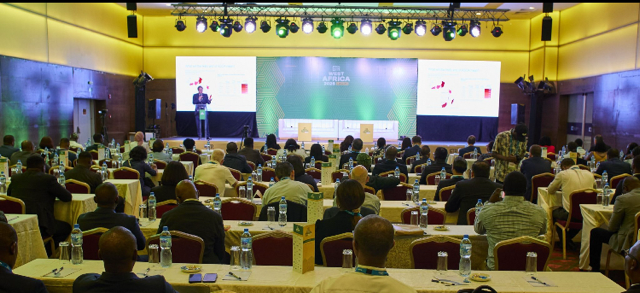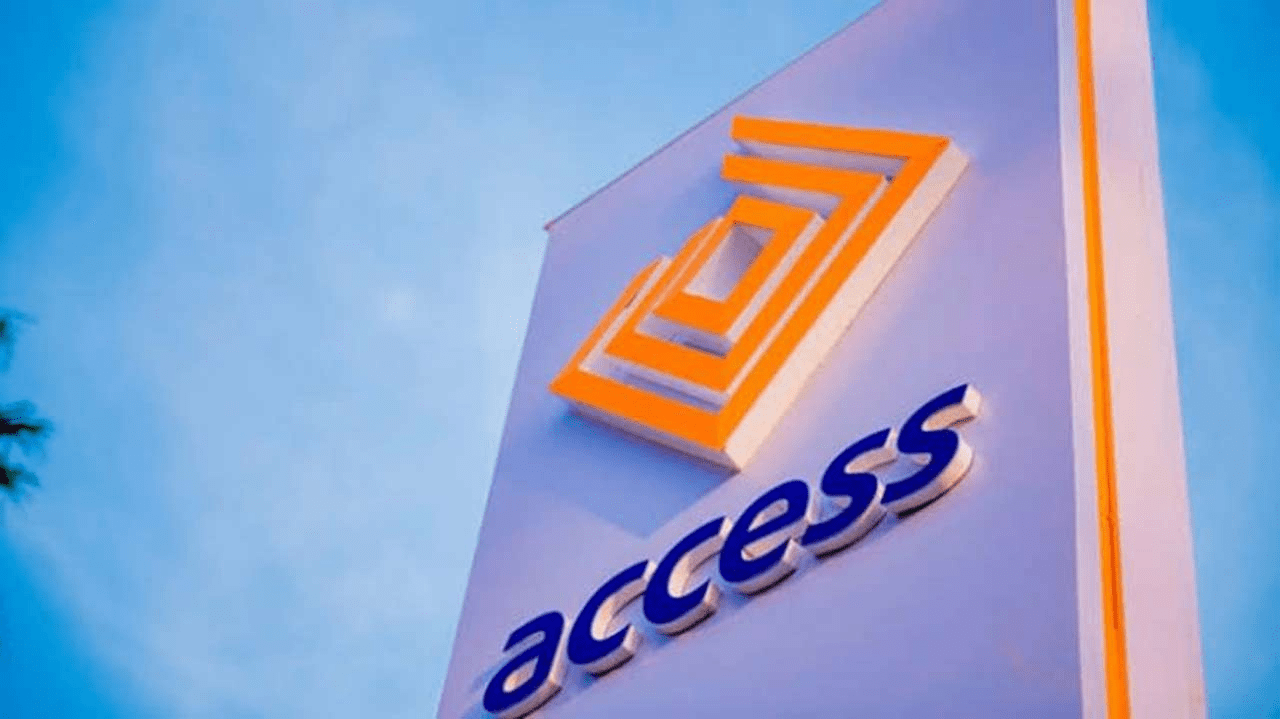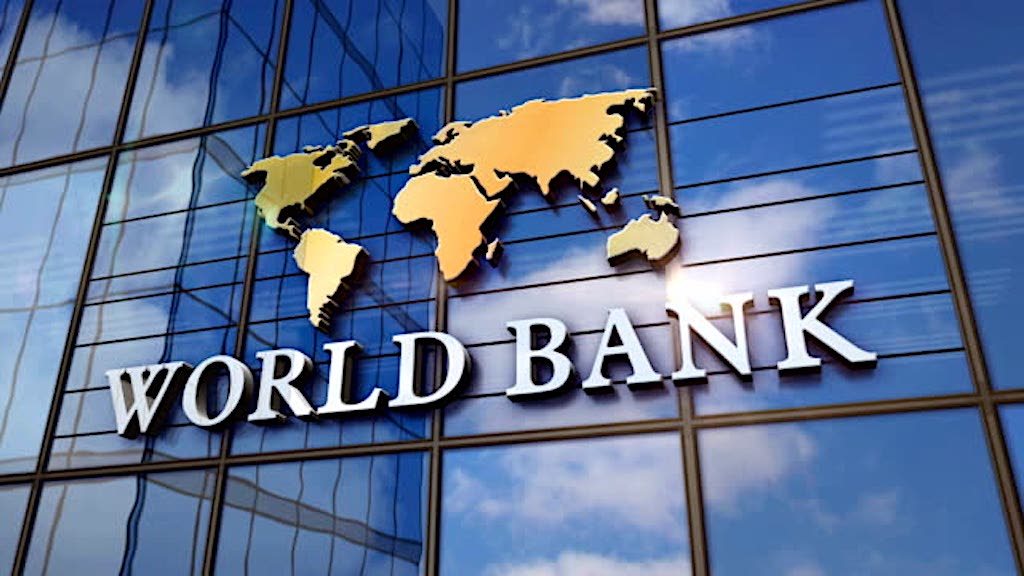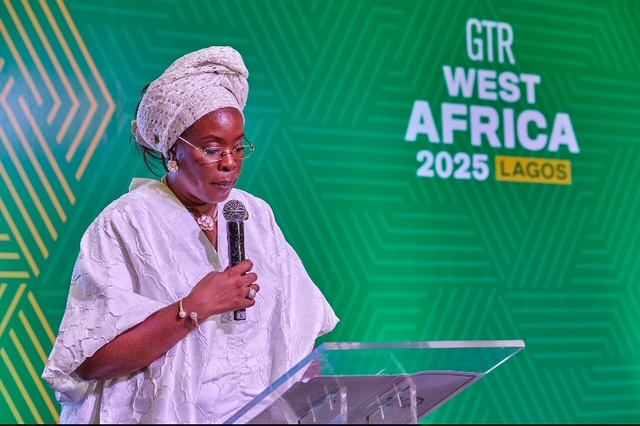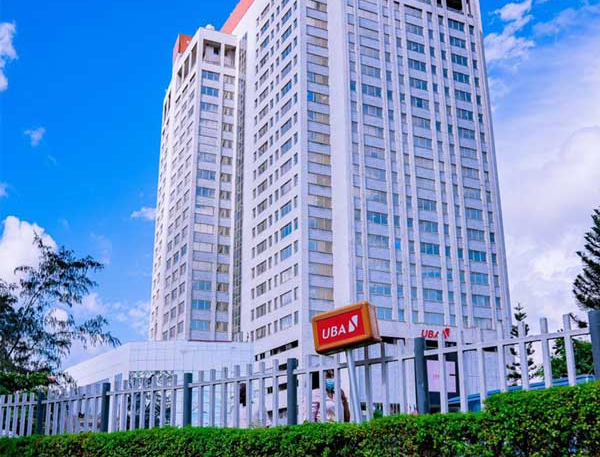N’ Assembly, INEC Harp on Electoral Reform for Better Elections
N’ Assembly, INEC Harp on Electoral Reform for Better Elections
The National Assembly and the Independent National Electoral Commission (INEC) on Monday harped on the need to constantly review the country’s electoral laws to achieve better election outcomes.
Officials of the commission and members of the Joint Senate and House of Representatives Committees on Electoral Matters spoke at a retreat to discuss the challenges of Nigeria’s electoral legal framework in Lagos.
The two-day retreat was supported by Policy and Legal Advocacy Centre (PLAC), the UK Foreign, Commonwealth and Development Office (FCDO) and Development Alternatives Inc. (DAI).
Speaking, the Chairman, National Assembly Joint Committee on Electoral Matters, Senator Sharafadeen Alli, said that much still needed to be done on Nigeria’s electoral laws.
Alli, represented by the Vice-Chairman of the committee, Senator Abdulaziz Yar’Adua, said that the 2023 general election, with its attendant petitions, had certainly sparked yet another round of debate about the need to reform the country’s electoral legal framework.
He said the debate had become imperative so that “we can ensure in the very minimum that the declared results reflect the true wishes of the Nigerian people”.
According to Alli, elections are the major pillars of leadership connection in liberal democracies.
“There are constant and unceasing efforts for the reformation of electoral laws and electoral process.
“This is imperative to any country that is practising democracy, most especially a country like Nigeria.
“This engagement is not only timely, but necessary as we continue to assess, strengthen and refine our electoral process to ensure that they remain credible and transparent
“The Legislature and Independent National Electoral Commission must work collaboratively to address emerging challenges and improve public confidence in our elections,” Alli said.
Commending the INEC leadership on the progress witnessed in recent elections, Alli, however, said stakeholders must take steps to address the irregularities in the electoral system.
He said there was the need to address issues bordering on misconduct of electoral officers and disregard for electoral laws, among others.
According to him, the retreat intends to offer a platform to exchange ideas, identify bottlenecks and propose legislative or administrative adjustments where needed in the electoral system.
Speaking, the Co-chairman of the committee, Hon. Adebayo Balogun, said that continuous improvement of the electoral system was essential to meeting the evolving realities of the country’s democracy.
Balogun said that the National Assembly would ensure that any amendments to the electoral law reflect the practical reality of election administration.
“Let me take a moment to sincerely thank our partners, PLAC, DAF, SCDU, and the European Union for their steadfast commitment to Nigerian democratic development.
“As we engage in frank discussions, let us all see how the future of Nigerians will look up to us to build a foundation for free, fair and credible elections,” Balogun said.
In his address, the INEC Chairman, Prof. Yakubu Mahmood, noted that a similar retreat held in 2020 resulted in the repeal and reenactment of the Electoral Act 2010 birthing the Electoral Act 2022.
“We believe that a retreat such as this one provides a platform for a focused engagement and a better insight into the challenges of election management beyond what can be achieved in a few hours of public hearing in a committee room at the National Assembly.
“As we embark on yet another review of our electoral laws, we will share with the lawmakers our field experience and draw attention to some of the proposed reforms and their implications for the management of elections.
“This is what makes this retreat, or a retreat of this nature, a unique opportunity to improve our electoral process, the foundation of which is rooted in the legal framework,” he said.
He urged the National Assembly to expedite action on the electoral reform “so that the commission will have enough time for implementation of any new laws”.
In his goodwill message, the Executive Director of the Policy and Legal Advocacy Centre, Mr Clement Nwankwo, commended the National Assembly and INEC’s efforts in facilitating the development and reform of Nigeria’s electoral framework.
He said the centre had worked in the National Assembly over four election cycles, spanning more than 15 years, to reform, not just the electoral act, but also the constitutional framework for elections in Nigeria.
“And we are quite delighted at the fact that as Nigeria’s electoral law continues to evolve, now we can say that we do have a very sound electoral framework.
“We do hope that as we work continuously to improve that framework to inspire INEC to also continue to make a contribution to achieving an electoral framework that we all are happy with and the conduct of elections and everyone is satisfied with.
”The National Assembly has dedicated its attention to repeal and re-enact the current Electoral Act 2022, which I think is quite commendable,” Nwankwo said.
Noting that the main challenge was implementing the laws, Nwankwo said that 2027 was going to be a very challenging election year as there would be more pressure on INEC to deliver more credible elections.
Also, the Governance Adviser, Foreign, Commonwealth and Development Office (FCDO), Dr. Matthew Ayibakuro, stressed the need for commitment to building confidence, promoting trust in the electoral process and advancing a more inclusive democratic process in Nigeria.
“Commitment to the continuous strengthening of Nigeria’s democracy through a fairer, more credible and better managed electoral process is important for Nigeria,” he said. (NAN)
The National Assembly and the Independent National Electoral Commission (INEC) on Monday harped on the need to constantly review the country’s electoral laws to achieve better election outcomes. Officials of

